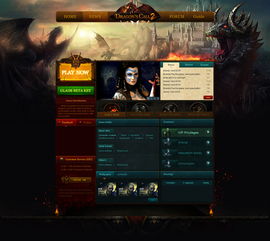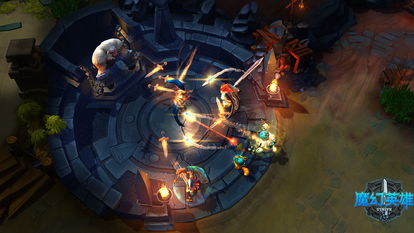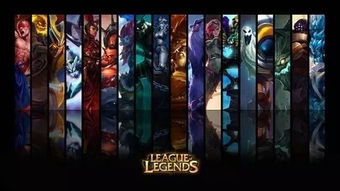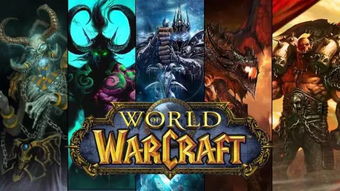
冒泡社区安卓版

- 文件大小:16.62MB
- 界面语言:简体中文
- 文件类型:Android
- 授权方式:5G系统之家
- 软件类型:装机软件
- 发布时间:2024-10-15
- 运行环境:5G系统之家
- 下载次数:539
- 软件等级:
- 安全检测: 360安全卫士 360杀毒 电脑管家
系统简介
Introduction to Online Gaming

Online gaming has become an integral part of modern entertainment, offering a vast array of experiences that cater to diverse interests. With the advent of high-speed internet and sophisticated gaming platforms, online gaming has transcended mere leisure activities to become a global phenomenon. This article delves into the world of online gaming, exploring its evolution, types, and impact on society.
Evolution of Online Gaming

The history of online gaming dates back to the 1970s when simple text-based games were played over dial-up connections. However, it was the 1990s that marked the true beginning of online gaming with the introduction of graphical user interfaces (GUIs) and faster internet connections. The early 2000s saw the rise of massive multiplayer online role-playing games (MMORPGs), which paved the way for the diverse online gaming landscape we see today.
Types of Online Games

Online games come in various forms, each offering unique experiences to players. Here are some of the most popular types of online games:
MMORPGs: These games feature large, persistent worlds where players can create and customize their own characters, engage in quests, and interact with other players.
First-Person Shooter (FPS): In FPS games, players view the game world from the first person perspective and typically engage in combat with enemies.
Real-Time Strategy (RTS): RTS games require players to manage resources, build bases, and command armies to defeat opponents.
Multiplayer Online Battle Arena (MOBA): MOBA games focus on two teams of players competing to destroy the other team's base.
Simulation: Simulation games aim to replicate real-world scenarios or activities, such as managing a city or driving a vehicle.
The Impact of Online Gaming

Online gaming has had a significant impact on various aspects of society:
Social Interaction: Online games provide a platform for players to connect with others from around the world, fostering friendships and communities.
Entertainment: With a wide variety of games available, online gaming offers endless entertainment options for players of all ages and interests.
Economic Growth: The online gaming industry generates billions of dollars in revenue annually, creating jobs and contributing to economic growth.
Education: Some online games are designed to educate players about various subjects, such as history, science, and mathematics.
Challenges and Concerns

While online gaming has many benefits, it also comes with challenges and concerns:
Addiction: Some players may become addicted to online gaming, leading to negative consequences in their personal and professional lives.
Privacy and Security: Online gaming platforms must ensure the privacy and security of their users, as personal information can be vulnerable to cyber attacks.
Accessibility: Ensuring that online games are accessible to players with disabilities is an ongoing challenge for game developers.
Conclusion

Online gaming has become an indispensable part of our lives, offering entertainment, social interaction, and educational opportunities. As the industry continues to evolve, it is crucial for developers, players, and policymakers to address the challenges and concerns associated with online gaming to ensure a positive and sustainable future for this dynamic sector.
Tags

Online Gaming, MMORPG, FPS, RTS, MOBA, Simulation, Social Interaction, Entertainment, Economic Growth, Education, Challenges, Concerns
常见问题
- 2025-03-05 梦溪画坊中文版
- 2025-03-05 windows11镜像
- 2025-03-05 暖雪手游修改器
- 2025-03-05 天天动漫免费
装机软件下载排行







